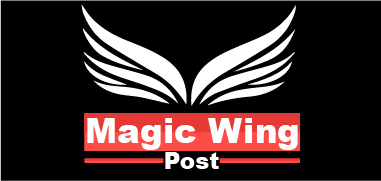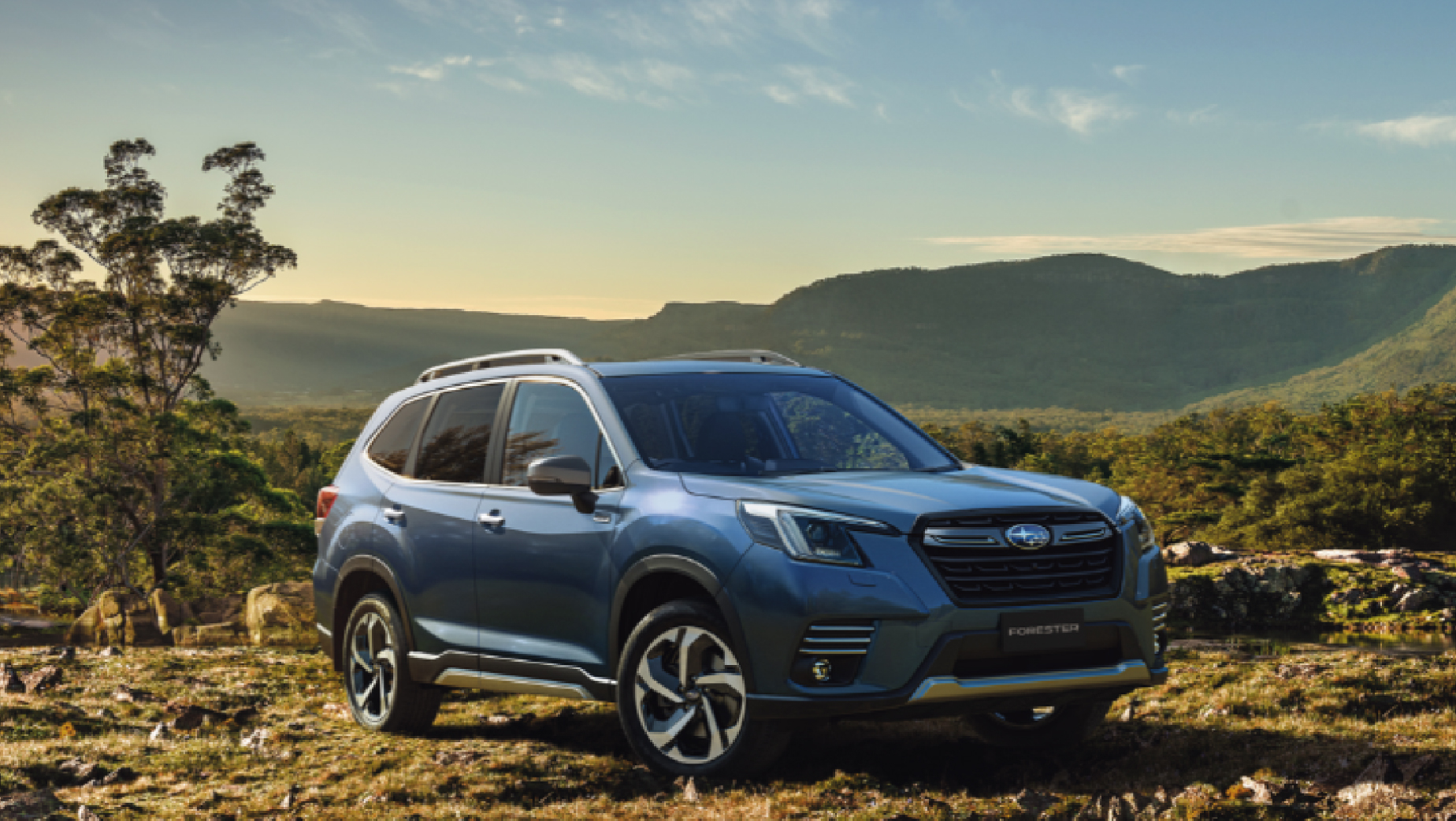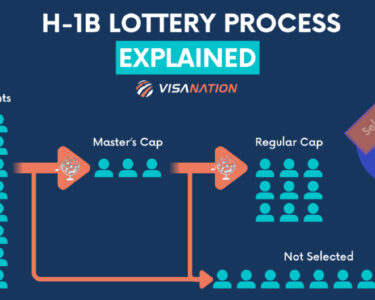What is a Subaru Warranty?
A Subaru warranty is a promise from Subaru to repair or replace certain parts of the vehicle if they fail due to manufacturing defects or other specified issues within a certain period or mileage. This warranty provides peace of mind to Subaru owners, ensuring that their investment is protected and that they can rely on Subaru’s commitment to quality.
Subaru warranties cover a range of potential issues, from mechanical breakdowns to rust perforation, and are designed to keep your vehicle running smoothly without incurring significant out-of-pocket expenses. Understanding the specifics of your Subaru warranty can help you take full advantage of its benefits.
A vehicle warranty is essential for several reasons:
- Cost Savings: Repairs and replacements covered under warranty can save you hundreds or even thousands of dollars.
- Vehicle Longevity: Regular maintenance and timely repairs can extend the life of your vehicle.
- Resale Value: A vehicle with a valid warranty often has a higher resale value because the buyer is assured of its maintained condition.
- Peace of Mind: Knowing that potential major repair costs are covered provides peace of mind.
Types of Subaru Warranties
New Vehicle Limited Warranty
The New Vehicle Limited Warranty is Subaru’s standard warranty for new cars, providing comprehensive coverage for most parts and systems.
Coverage Details:
- Duration: 3 years or 36,000 miles, whichever comes first.
- Covered Components: Almost all parts and components except for those subject to regular wear and tear, such as brake pads, tires, and wiper blades.
Key Points:
- Ensures that any defects in materials or workmanship are repaired at no cost to the owner.
- Includes roadside assistance for the duration of the warranty.
Powertrain Warranty
The Powertrain Warranty covers major mechanical components that are essential for the vehicle’s operation.
Coverage Details:
- Duration: 5 years or 60,000 miles, whichever comes first.
- Covered Components: Engine, transmission, and drivetrain components.
Key Points:
- Critical for protecting against costly repairs for essential systems.
- Ensures that the vehicle remains operational and reliable.
Rust Perforation Warranty
The Rust Perforation Warranty protects against rust that causes holes in the vehicle’s body panels.
Coverage Details:
- Duration: 5 years, regardless of mileage.
- Covered Components: Body sheet metal panels.
Key Points:
- Only covers rust that results in perforation; surface rust is typically not covered.
- Important for maintaining the vehicle’s appearance and structural integrity.
Emission Warranty
Subaru offers specific warranties to cover emissions-related components, ensuring that vehicles meet environmental regulations.
Coverage Details:
- Federal Emission Warranty: 2 years or 24,000 miles for specific components; 8 years or 80,000 miles for others, such as the catalytic converter and engine control module.
- California Emission Warranty: Varies based on California state regulations, often more extensive.
Key Points:
- Ensures compliance with federal and state emission standards.
- Covers essential parts that affect the vehicle’s emission performance.
Hybrid System Warranty
For Subaru’s hybrid models, the Hybrid System Warranty provides additional coverage.
Coverage Details:
- Duration: 8 years or 100,000 miles, whichever comes first.
- Covered Components: Hybrid battery, electric motor, and related components.
Key Points:
- It is critical for hybrid vehicle owners to ensure the longevity and performance of the hybrid system.
- Reflects Subaru’s commitment to environmentally friendly technologies.
Terms and Conditions of Subaru Warranties
What is Covered?
Subaru warranties cover a broad range of components and services:
- Parts and Labor: Costs for repairing or replacing defective parts are covered.
- Powertrain Components: Engine, transmission, and drivetrain components are protected.
- Hybrid System Components: Specific to hybrid models, covering the battery and electric motor.
- Emission Components: Catalytic converter, engine control module, and other emission-related parts.
- Rust Perforation: Repair or replacement of body panels affected by rust perforation.
What is Not Covered?
Subaru warranties have limitations and exclusions:
- Regular Wear and Tear: Items like brake pads, tires, and wiper blades are not covered.
- Damage Due to Misuse or Accidents: Damage resulting from accidents, misuse, or negligence is excluded.
- Maintenance Services: Routine maintenance tasks such as oil changes, tire rotations, and brake inspections are not included.
How to Make a Warranty Claim
Making a warranty claim with Subaru involves several steps:
- Visit a Subaru Dealership: It’s recommended to visit an authorized Subaru dealership for warranty repairs.
- Provide Documentation: Present your warranty documentation and vehicle service records.
- Inspection and Diagnosis: The dealership will inspect and diagnose the issue to determine if it’s covered under warranty.
- Approval and Repair: Once approved, repairs or replacements will be conducted at no cost.
Extending Your Subaru Warranty
Subaru Added Security Plans
Subaru offers extended warranty options known as Subaru Added Security Plans. These plans provide extended coverage beyond the original factory warranty, offering peace of mind and protection against unexpected repair costs.
Overview of Extended Warranty Options:
- Classic Plan: Covers most major vehicle components, including the engine, transmission, and drivetrain. This plan is ideal for those seeking basic extended protection.
- Gold Plus Plan: Offers comprehensive coverage, including nearly all mechanical and electrical components. This plan also includes perks such as trip interruption insurance, rental car reimbursement, and towing Read More Blogs Repelishd.
Benefits of Purchasing an Extended Warranty:
- Financial Protection: Protects against the high cost of major repairs once the original warranty expires.
- Extended Peace of Mind: Provides continued coverage for several additional years or miles, depending on the plan chosen.
- Increased Resale Value: Vehicles with an active extended warranty can be more attractive to potential buyers.
Types of Added Security Plans Available:
- Term Options: Plans can be tailored to different time periods and mileage limits, such as 7 years/100,000 miles or 10 years/120,000 miles.
- Transferable Coverage: If you sell your Subaru, the remaining warranty coverage can be transferred to the new owner, adding value to your vehicle.
Third-Party Extended Warranties
In addition to Subaru’s own extended warranty plans, third-party providers also offer extended warranties. These warranties can vary significantly in terms of coverage, cost, and service.
Pros of Third-Party Warranties:
- Potential Cost Savings: Sometimes, third-party warranties can be more affordable than manufacturer-offered plans.
- Flexible Coverage Options: A wide range of plans allows for customization based on individual needs and budget.
- Service Flexibility: Some third-party warranties allow for repairs at a broader network of repair shops, not just Subaru dealerships.
Cons of Third-Party Warranties:
- Varied Quality and Reliability: The quality of third-party providers can vary, so it’s essential to choose a reputable company.
- Complex Claim Processes: Claiming repairs can sometimes be more complicated and require pre-authorization.
- Exclusions and Limitations: Some plans might have more exclusions and limitations compared to Subaru’s Added Security Plans.
What to Look for in a Third-Party Warranty Provider:
- Reputation and Reviews: Research the provider’s reputation and read customer reviews.
- Coverage Details: Ensure the plan covers the specific components and issues you’re concerned about.
- Claim Process: Understand how claims are handled and the process for getting repairs approved and paid for.
- Cost: Compare the cost of the plan to the potential benefits and savings.
Frequently Asked Questions About Subaru Warranties
Can I Transfer My Subaru Warranty to a New Owner?
Yes, Subaru warranties are generally transferable to subsequent owners, which can be a significant selling point if you decide to sell your vehicle.
Process for Warranty Transfer:
- Notify Subaru: Contact Subaru to inform them of the ownership change.
- Provide Documentation: Submit necessary documents, including proof of sale and details of the new owner.
- Pay Transfer Fees: There may be a nominal fee for transferring the warranty. Check with Subaru for the exact amount.
Fees and Conditions:
- Transfer Fee: A small fee is typically required to process the transfer.
- Conditions: The vehicle must have been maintained according to Subaru’s recommended maintenance schedule, and all service records should be available.
Key Points:
- Transferring the warranty can make your vehicle more attractive to buyers.
- Ensure all paperwork and maintenance records are in order to facilitate the transfer.
What Happens If I Miss a Scheduled Maintenance?
Missing scheduled maintenance can potentially impact your warranty coverage. Subaru, like most manufacturers, requires that vehicles are maintained according to their recommended service schedules to keep the warranty valid.
Impact on Warranty Coverage:
- Void Warranty: In some cases, missing scheduled maintenance can void certain aspects of the warranty.
- Repair Denial: Warranty claims might be denied if the lack of maintenance is determined to have caused the issue.
Recommendations to Maintain Warranty Validity:
- Follow Maintenance Schedule: Stick to the maintenance schedule outlined in your owner’s manual.
- Keep Records: Maintain detailed records of all services and repairs performed.
- Use Authorized Service Centers: Whenever possible, use authorized Subaru service centers for maintenance and repairs.
Key Points:
- Keeping up with scheduled maintenance ensures your vehicle runs smoothly and maintains warranty coverage.
- Detailed service records can support warranty claims and help in the resale of the vehicle.
Are Subaru Warranties Honored Outside the United States?
Subaru warranties are generally designed to be honored within the United States. However, if you travel or move abroad, there are specific conditions and limitations to be aware of.
Coverage for International Travelers:
- Temporary Travel: Short-term travel abroad might still allow for warranty coverage. Check with Subaru for details specific to your destination.
- Long-Term Relocation: If you move permanently, Subaru warranties might not be valid in the new country. It’s essential to contact Subaru to understand your options.
Process for Warranty Claims Abroad:
- Contact Subaru: Before traveling, inform Subaru of your plans and inquire about international warranty service.
- Find Authorized Service Centers: Identify authorized Subaru service centers in the country you are visiting.
- Documentation: Carry your warranty documentation and service records when traveling.
Key Points:
- Always check with Subaru for specific details regarding international warranty coverage.
- Planning ahead ensures you are prepared for any potential vehicle issues while abroad.
Conclusion
Understanding your Subaru warranty is crucial for protecting your investment and ensuring peace of mind. From the standard new vehicle limited warranty to specialized coverage for hybrid systems, Subaru offers comprehensive protection for various components of your vehicle. Knowing what is covered, how to extend your warranty, and the steps for making a warranty claim can help you make the most of your warranty benefits.






